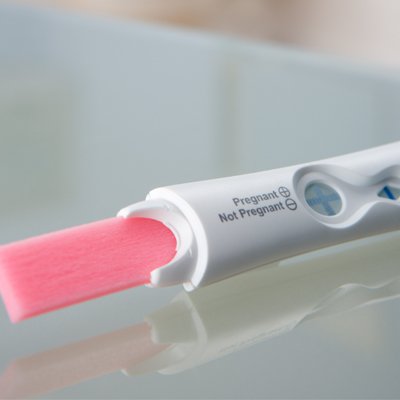Birth Control (Contraception)
For women who are sexually active but want to prevent pregnancy, there are several birth control (contraception) options that are safe and effective.
Women who have sex without using a form of birth control are at risk for becoming pregnant between the start of puberty (usually around 12 years old for girls) to the beginning of menopause (generally in a woman’s 40s).
A physician must prescribe most forms of birth control, usually after performing a women’s health exam. However, certain barrier methods (such as condoms) are accessible to women without a prescription.
If you are sexually active or are planning on becoming sexually active, an annual exam from your OB-GYN can help catch or prevent certain gynecological problems associated with intercourse, and the doctor can answer any questions you have about sex, birth control, and other women’s health issues.
Learn more about annual women’s health exams
Types of birth control
Contraception comes in many forms and methods, including:
 |
Barrier method
|
 |
Hormonal |
 |
Procedural
|
 |
Natural family planning
|
Effectiveness of birth control
Abstinence (refraining from sexual intercourse) is the only means of birth control that is 100 percent effective in preventing pregnancy. However, many of the birth control methods listed above have excellent success rates, often with less than 1 percent of women becoming pregnant when using the birth control correctly.
Birth control methods that require a routine – such as the pill or the fertility awareness method – may be less effective for women who find it difficult to keep a consistent daily schedule.
Risks & benefits of contraceptives
Each contraceptive option has its own risks and benefits, and some methods carry more risks than others.
Birth control does not cause future infertility (the inability to get pregnant), unless a surgical procedure (such as a tubal ligation) has removed or blocked certain elements of the reproductive system.
In addition to preventing pregnancy, some birth control methods have added benefits such as lighter, less painful periods, clearing up acne, and protecting against some diseases, including STDs.
It’s important to discuss your birth control selection with your doctor, who can advise you on which method may be best for you and your lifestyle.
